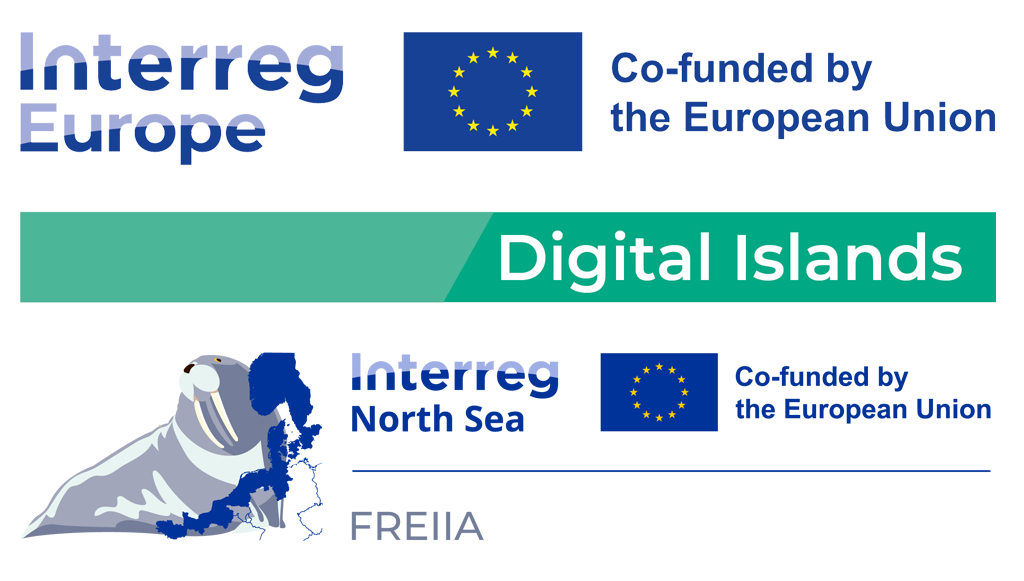In order to stimulate energy transition experiments on the island and to move towards the goal of energy-independence for the mainland, building on the own renewable energy sources, the Municipality of Ameland has undertaken a number of ambitious steps. Firstly, it stimulated the establishment of the Ameland Energie Coöperatie (Ameland Energy Cooperation), in which the municipality and the individual inhabitants of the island hold the majority of the shares. As a next step, an energy covenant with leading stakeholders from the mainland has been signed, offering them a serious probing and learning experimental opportunity on the island. Parties involved are: Eneco (Energy Company), Gasterra (Leading Gas Research Institute of the Netherlands), Philips (Electronics), TNO Applied Research Institute, Hanze Polytechnic (Groningen), Liander (Energiegrid Manager), and the Hanze Polytechnic Entrance Lab, which can be considered the main lab in the phase, before larger scale experimentation with the new energy technologies will take place.
Under the auspices of the Ameland Energy Covenant, amongst others the following pioneer projects have been introduced on the island for larger scale testing:
- The creation of the local Ameland smart energy net;
- Solar Park Ballum, in principle producing sufficient electricity -not dailypower- for all households on the island throughout the year;
- Sustainable –LED-based- smart indoor and outdoor lighting;
- Diversified, smart electricity production from a mix of sources: naturalgas fuel cells, solar production, hybrid heat pumps, green gas heat pumps, combined heat-power systems, etc.;
- Public transport on green gas.
The parties involved follow a “probing and learning” approach in which the Hanze Polytechnic as well as its partner the University of Groningen (both on the mainland) have an important contribution in helping
to design the probes and learn from the results. The municipality of Ameland has an active and leading role in the Covenant and its’ future, in the coordination of the projects as well in continuously providing opportunities for the subsequent experimentation, including theflexibility and support of the users/inhabitants.
Source: AEC – amelandenergie.nl
Example of strategy 7A:
Special Programs with Large Companies
In pioneering islands’ practices, we can also find approaches in which large companies successfully test their new, sustainable technologies with island experiments. Often, the testing involves a crucial role with respect to the user experience, as well as learning trajectories for island engineers, installers, and other technical disciplines as early adopters.
A frequently applied approach to innovation development for larger companies is the ‘probing and learning’ approach; a term first coined by Lynn et al. (1996). Probing and learning implies conducting experiments in real markets with immature versions of the products, i.e. “probing alternative markets with early versions of the products, learning from the probes, and probing
Special Programs with Large Companies Political Entrance for the Creative Industry Special Regional Arrangements again (Lynn et al., 1996).” With a better understanding, firms might iterate again and again, i.e. engage in a process of ‘successive approximation’ until they arrive at a winning product- market configuration. The goal of probing is not to “get it right the first time,” but rather to maximize learning. According to Hellman (2007), the probing process is particularly effective when there are multiple applications and markets to choose from.
Islands can offer larger companies an experimentation place, to probe and learn from the potentialities of new technologies. Relevant areas could be energy- and water sufficiency, sustainable agriculture and fisheries, air observation, marine food development, biobased (sea-) resources, sustainable tourism and nature protection.

